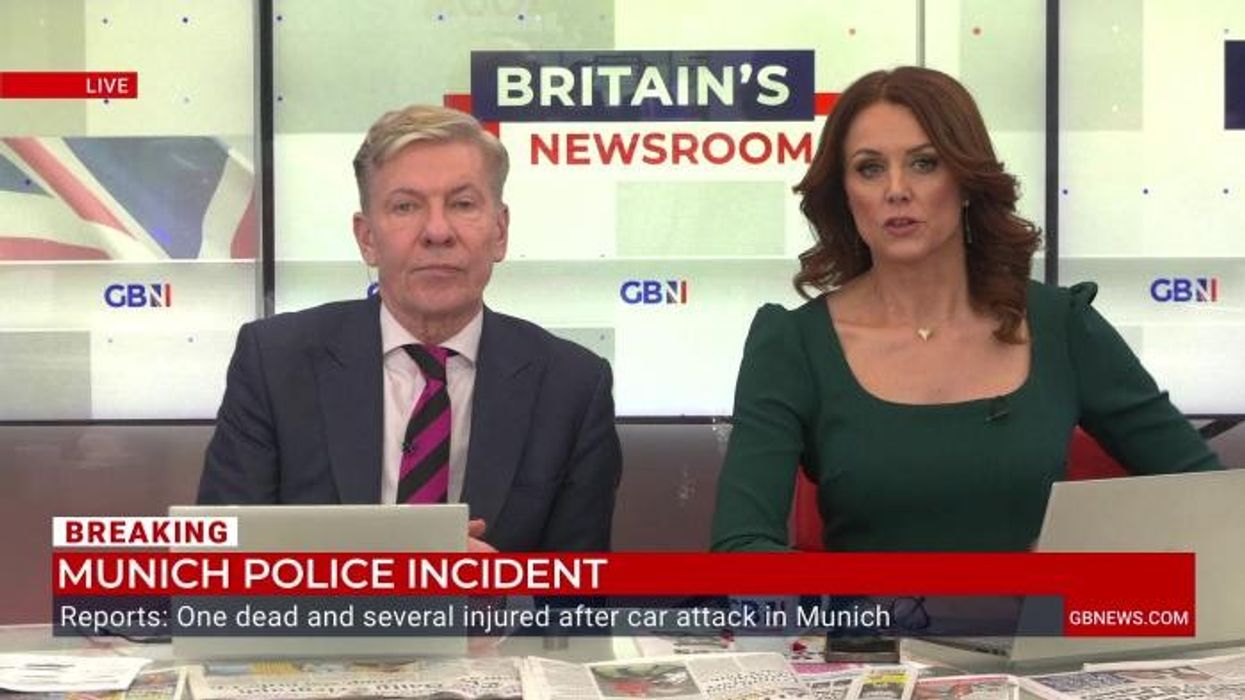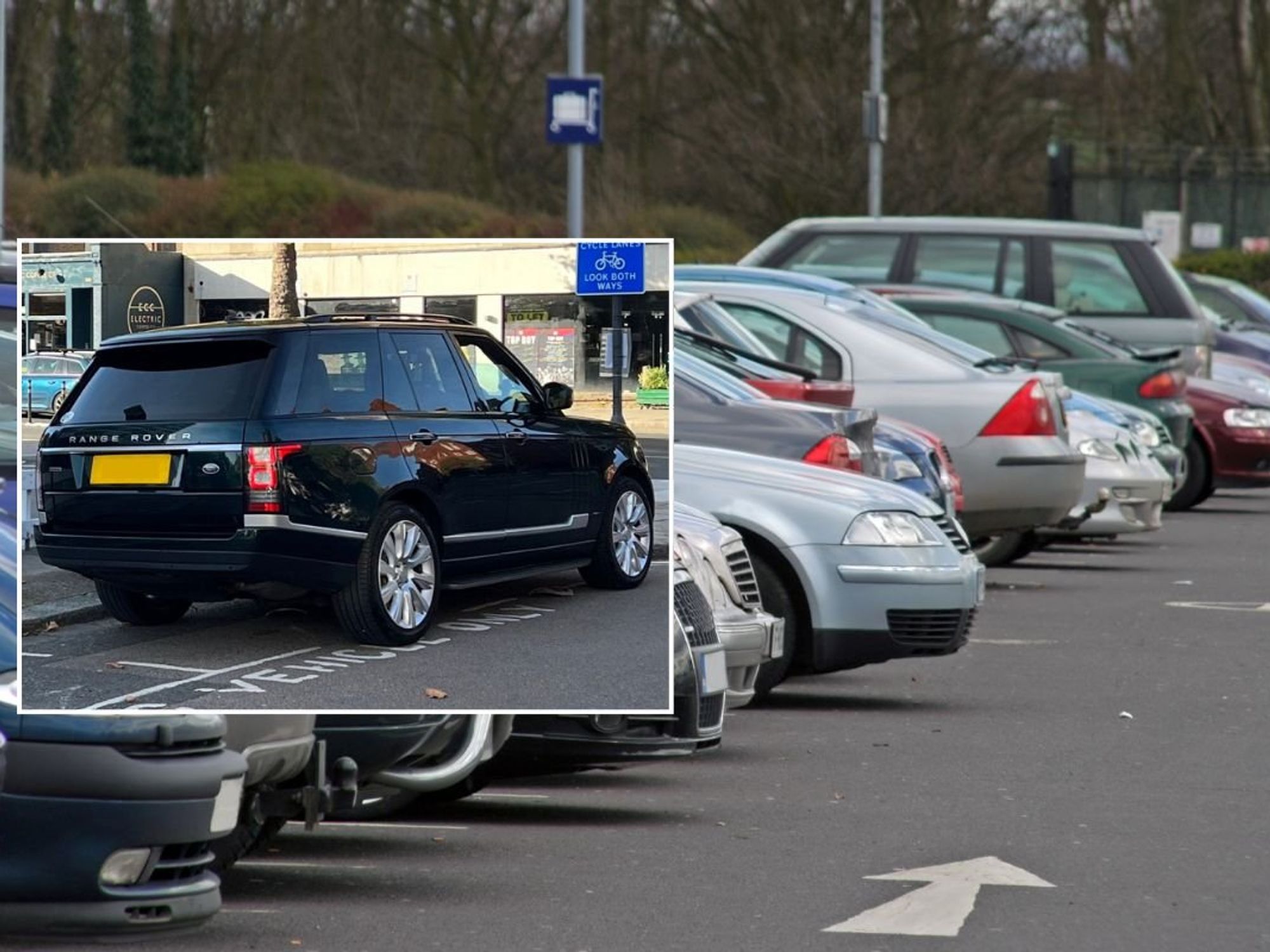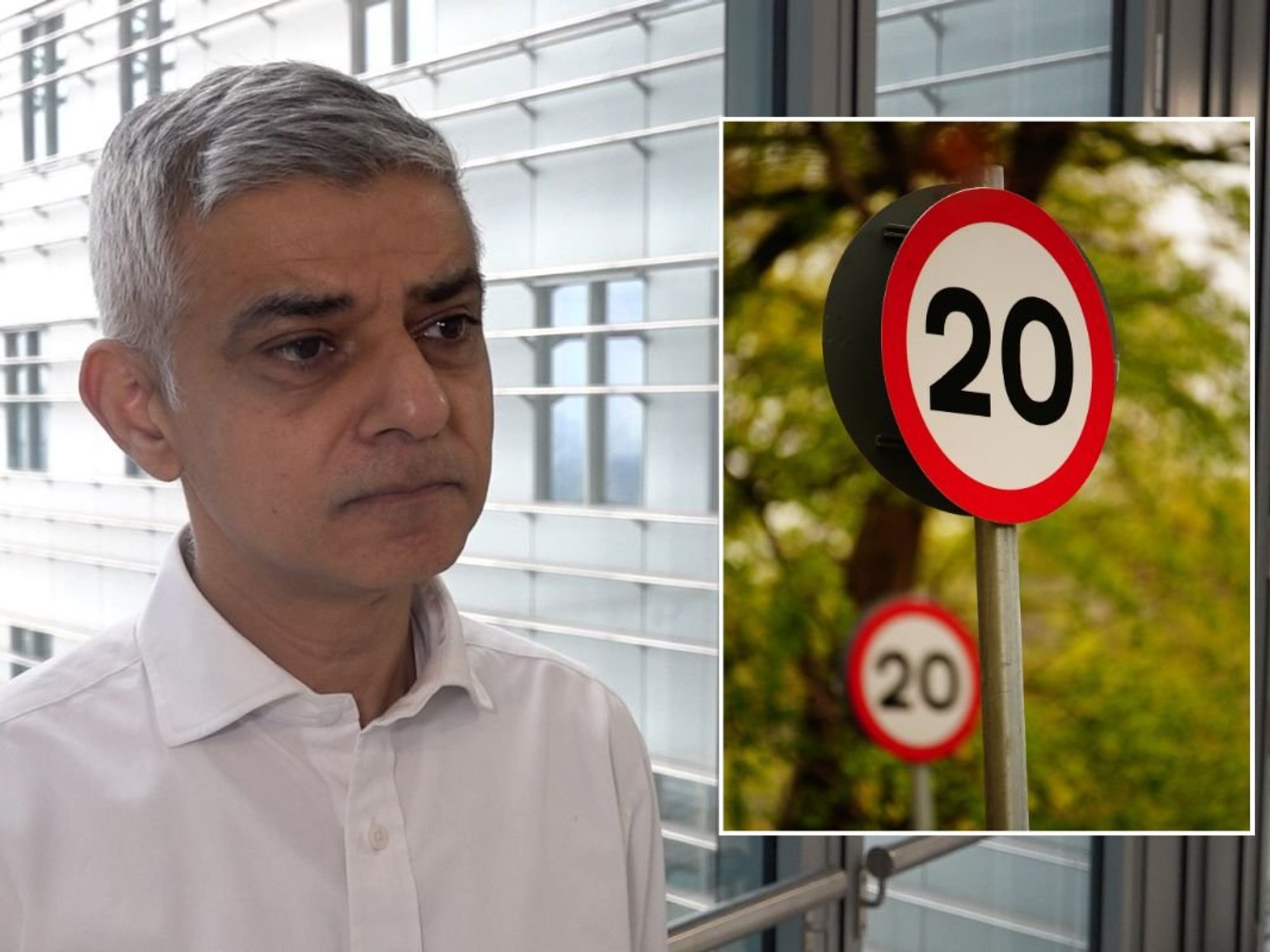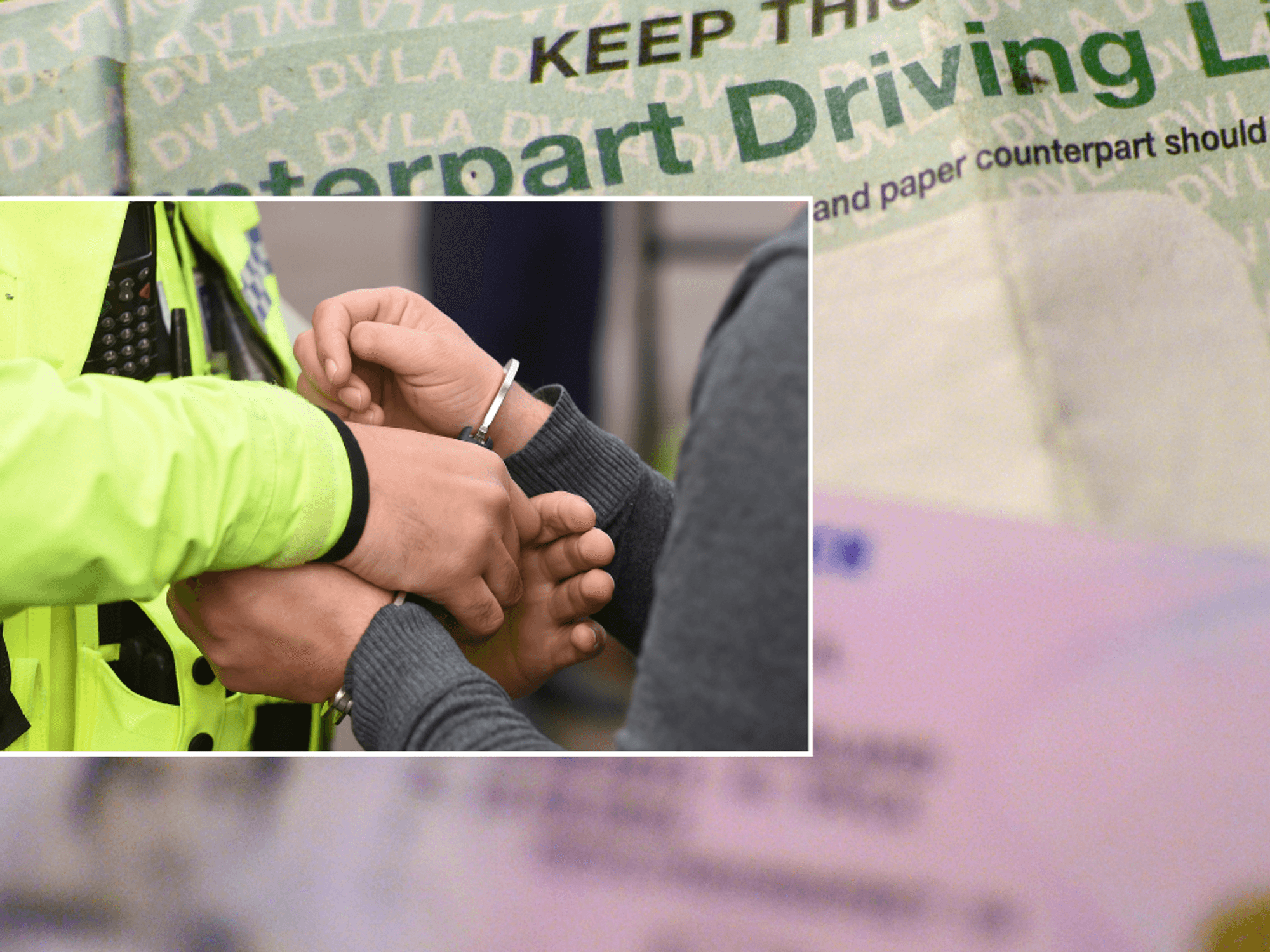Motorists face driving ban and court summons for offences committed with children present - 'Worrying trend'

Drivers have been caught speeding while dropping their children off at school
Don't Miss
Most Read
One in two drivers have been caught breaking a major driving while by speeding on UK roads while having children present in vehicles.
It comes after a report revealed that more than half of drivers (56 per cent) admitted speeding while taking a child to or from school, with a quarter (26 per cent) caught in the act.
More shockingly, over half (54 per cent) of the drivers who admitted to speeding said they’ve been caught up to three times by police.
Drivers caught speeding can face a range of punishments, including a minimum penalty of £100 and three points on a driving licence.
Do you have a story you'd like to share? Get in touch by emailing motoring@gbnews.uk

One in two drivers admitted to speeding on the way to drop off children at school
|GETTY
In more serious cases, the penalty may include a fine of up to £1,000, which can increase to £2,500 on a motorway, as well as six points.
Research found that two in five drivers were fined £100 or more, while 16 per cent faced harsher penalties, including a driving ban or disqualification, with 13 per cent issued a court summons.
Alongside the high number of speeding incidents, road safety knowledge appeared to be low, with fewer than eight per cent of drivers answering questions on speed limits near schools correctly.
A total of 11 per cent of drivers assumed the speed limit was 30mph, while 44 per cent stated it was 20mph, with the answer depending on the region and local signposts.
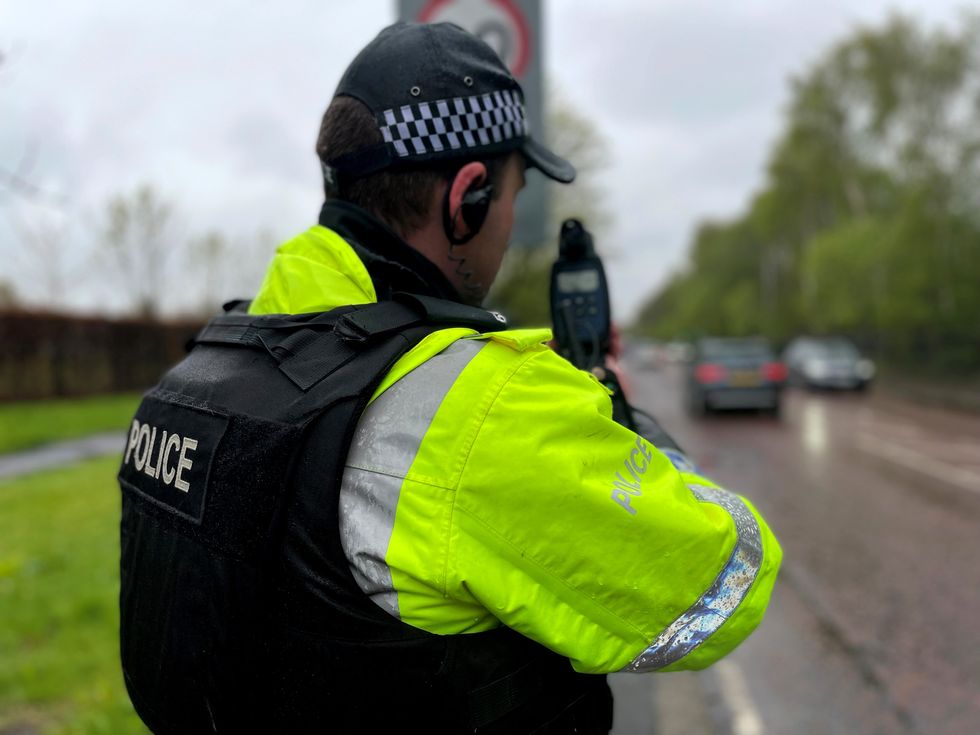
Police slapped two out of five drivers with a £100 fine for speeding on the way to school drop offs
|PA
When asked why they were speeding on the school run, two in five (40 per cent) motorists said they were running late, while 30 per cent stated that they didn’t want their child to get into trouble, but more worryingly, 16 per cent said they "like to drive fast".
A further 16 per cent of drivers admitted that they increased speeds to avoid a school fine for being late. Interestingly, the Audi S-line or BMW M Series were identified as being more likely to speed on school runs, impacting 29 per cent of respondents, while 28 per cent of Mercedes-Benz and Tesla motorists were also caught breaking the law.
Aidan Rushby, founder and CEO of Carmoola, explained that the findings highlight a "worrying trend" that school runs have become "increasingly risky" for drivers.
He shared: "It’s a reminder that even familiar journeys can be unpredictable. The good news is that small changes, like allowing a little extra time, staying alert near schools, and watching our speed, can make a big difference."
LATEST DEVELOPMENTS:
Fathers were recorded as being more likely to speed, with 55 per cent admitting to breaking the law compared to just 46 per cent of mothers.
Rushby added that more modern cars allow drivers to set limits, through Intelligent Speed Assistance, which prevents the vehicle from accelerating beyond a certain speed limit.
These systems use GPS data alongside traffic sign recognition cameras to help determine the current speed limit on roads and keep the vehicle from exceeding this amount.
If the driver exceeds the speed limit, the system provides a visual and audible warning, with some technology even able to reduce the engine power to slow the vehicle down.
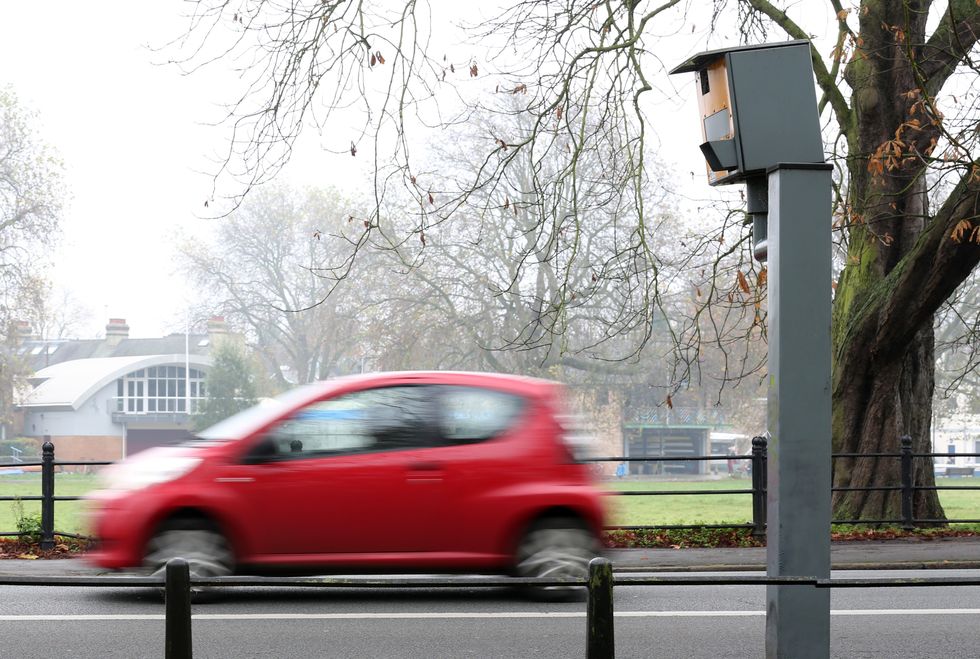 Drivers can be fined £100 for speeding on UK roads | PA
Drivers can be fined £100 for speeding on UK roads | PAAcross Europe, new rules were introduced in July last year, which mandated that all new cars sold from that date include ISA technologies.
The European Transport Safety Council said: "ISA uses a speed sign-recognition video camera and/or GPS-linked speed limit data to advise drivers of the current speed limit and warn them if they are exceeding it.
"The most effective systems automatically limit the speed of the vehicle as needed by limiting engine power. Vehicles with this kind of ISA system factory fitted have been on sale for several years – helped in part by Euro NCAP’s decision to reward extra points for vehicles that include ISA."
Although these are not legal requirements for UK roads, the Department for Transport did note that it keeps policies under review to help reduce casualties.


